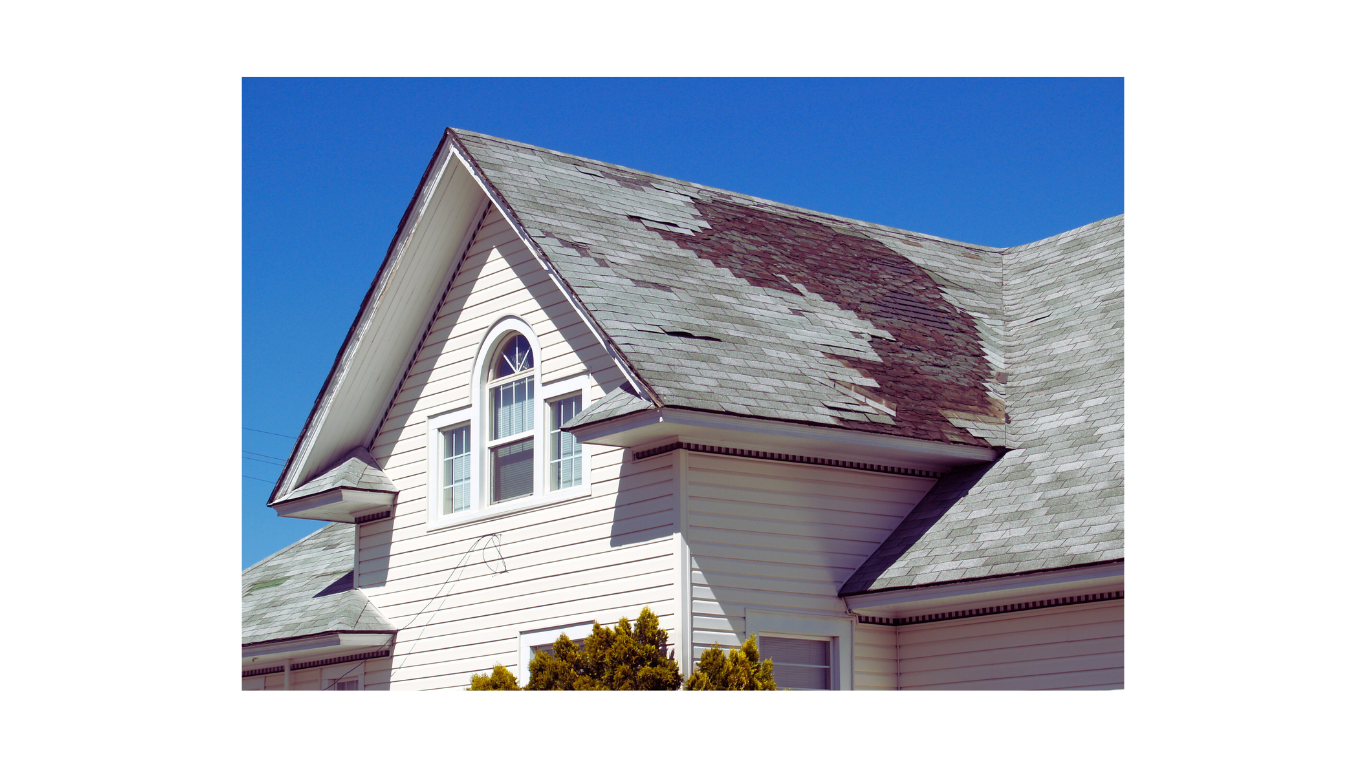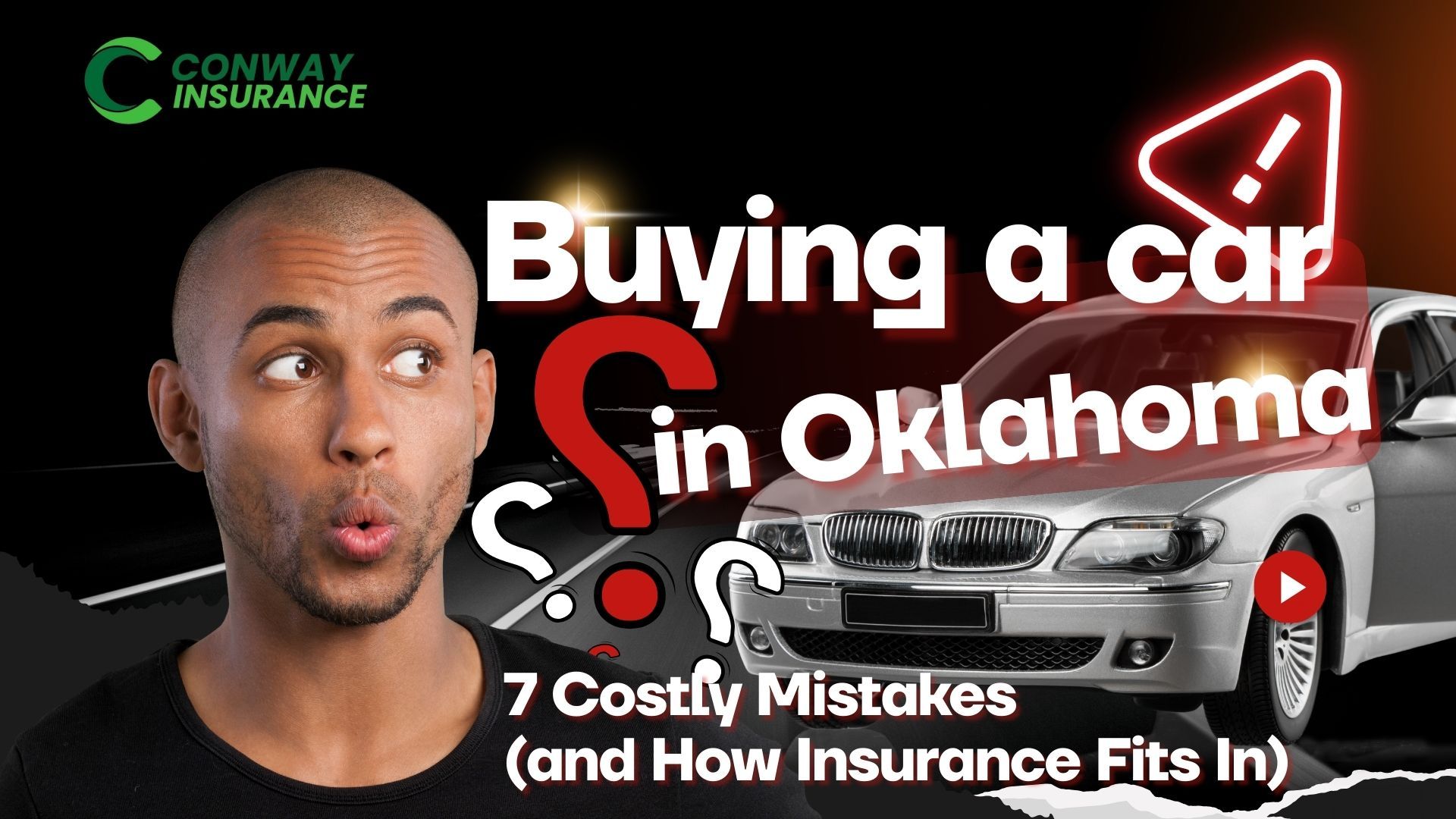Replacement Cost versus Actual Cash Value (ACV)
This is a subtitle for your new post

Understanding Replacement Cost vs. Actual Cash Value in Insurance Claims
When it comes to protecting your home and belongings with insurance, two key terms you'll often encounter are Replacement Cost and Actual Cash Value (ACV). These concepts are crucial in determining how much you'll receive in the event of a claim and can significantly impact your financial recovery after a loss. In this blog, we'll dive into the differences between Replacement Cost and Actual Cash Value, and how each affects your insurance payout.
What is Replacement Cost?
Replacement Cost refers to the amount it would take to replace or repair your damaged property with similar materials and quality, without accounting for depreciation. In other words, it's the cost of buying a new item to replace the old one. This type of coverage is particularly beneficial for homeowners who want to ensure that they can fully rebuild or restore their property to its original state after a covered loss.
How Replacement Cost Works?
Imagine a fire damages your home and destroys your kitchen appliances. If your policy includes Replacement Cost coverage, your insurer will cover the cost of purchasing new appliances of similar kind and quality to the ones you lost, regardless of their age or condition at the time of the fire.
Advantages of Replacement Cost Coverage.
- Full Restoration: Allows you to rebuild or replace your possessions without worrying about out-of-pocket expenses for depreciation.
- Peace of Mind: Provides confidence that your home and belongings can be fully restored to their original state.
Disadvantages of Replacement Cost Coverage.
- Higher Premiums: Because it offers more comprehensive protection, Replacement Cost coverage often comes with higher premiums compared to Actual Cash Value coverage.
- Limits and Conditions: Some policies may have limits on certain items, or may require you to actually replace the item before the full payout is made.
What is Actual Cash Value?
Actual Cash Value (ACV) coverage takes depreciation into account when determining the payout for a claim. This means that the insurer will calculate the item's current market value, factoring in its age, wear and tear, and obsolescence.
How Actual Cash Value Works?
Using the same kitchen appliance example, if you have ACV coverage and your five-year-old stove is destroyed in a fire, the insurer will determine the payout based on the current market value of a five-year-old stove, not the cost of a new one.
Advantages of Actual Cash Value Coverage
- Lower Premiums: ACV policies typically come with lower premiums, making them a cost-effective option for budget-conscious homeowners.
- Simplicity: Since the payout is based on the depreciated value, it can be simpler to process and understand.
Disadvantages of Actual Cash Value Coverage
- Potential Financial Shortfall: Because depreciation is considered, the payout might not be enough to replace lost or damaged items with new ones.
- Out-of-Pocket Expenses: You may have to pay the difference between the ACV payout and the actual replacement cost.
How Does Each Affect Your Insurance Payout?
Understanding the impact of Replacement Cost vs. Actual Cash Value on your insurance payout is crucial when choosing a policy. Here's a breakdown of how each option influences the financial outcome of a claim:
Replacement Cost Payout.
With Replacement Cost coverage, you'll receive the full amount needed to repair or replace your damaged property with new items of similar quality. This means that even if your five-year-old TV is destroyed, your insurer will cover the cost of a brand-new TV of comparable make and model, ensuring you won't have to settle for less.
- Example Scenario:
- Item: 10-year-old roof
- Damage: Total loss due to a hailstorm
- Replacement Cost: $15,000 (new roof)
- Payout: $15,000 (minus deductible)
Actual Cash Value Payout.
In contrast, Actual Cash Value coverage will provide you with a payout that reflects the depreciated value of your items. This often means receiving less money than what you initially paid or what it would cost to replace the item with a new equivalent.
- Example Scenario:
- Item: 10-year-old roof
- Damage: Total loss due to a hailstorm
- Replacement Cost: $15,000 (new roof)
- Depreciation: $7,000 (10 years of wear and tear)
- Payout: $8,000 (minus deductible)
Factors to Consider When Choosing Between Replacement Cost and ACV.
Choosing the right coverage for your insurance needs involves weighing several factors, including:
- Budget: Consider your willingness to pay higher premiums for the added security of Replacement Cost coverage.
- Value of Items: High-value items may be better protected under Replacement Cost coverage, while older, less valuable items might suffice with ACV.
- Risk Tolerance: Determine your comfort level with potentially paying out-of-pocket to cover the depreciation gap in an ACV policy.
How to Make the Best Choice for Your Needs?
Making an informed decision between Replacement Cost and Actual Cash Value depends on your unique circumstances and priorities. Here are some steps to guide you:
- Assess Your Assets: Take an inventory of your belongings and determine their current value and replacement cost.
- Consult with an Insurance Agent: Speak with a knowledgeable agent who can explain the nuances of each coverage type and tailor a policy to fit your needs.
- Review Your Budget: Evaluate your financial capacity to afford higher premiums for Replacement Cost coverage versus the potential out-of-pocket expenses with ACV.
- Read Policy Details Carefully: Ensure you understand the specific terms, conditions, and limitations of the coverage you're considering.
Conclusion.
The choice between Replacement Cost and Actual Cash Value is a pivotal decision in shaping your insurance coverage. Replacement Cost provides the assurance of full restoration, while Actual Cash Value offers a budget-friendly option with potential financial shortfalls. By understanding these differences and assessing your personal needs, you can make a well-informed decision that aligns with your financial goals and provides peace of mind in the face of unforeseen events. Always consult with a trusted insurance professional to ensure you choose the right policy for your unique situation.
For personalized assistance in choosing the right insurance coverage, don't hesitate to reach out to our experienced team. We're here to help you navigate the complexities of insurance and ensure you have the protection you need.
Conway Insurance LLC is a licensed insurance agency with years of experience in helping homeowners understand their insurance options. As a passionate advocate for consumer education, we are dedicated to empowering individuals to make informed decisions about their insurance coverage.
Recent posts


